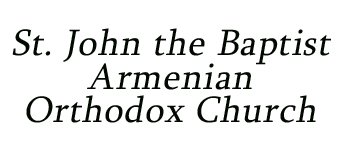THE ECUMENICAL COUNCIL OF NICAEA
The Nicean Council called to convene by Emperor Constantine the Great upon the recommendation of church leaders. Constantine invited 1,800 bishops of the Christian Church within the vast Roman Empire. The number attending varies, but the number 318 has come to be the agreed official number of delegates.
